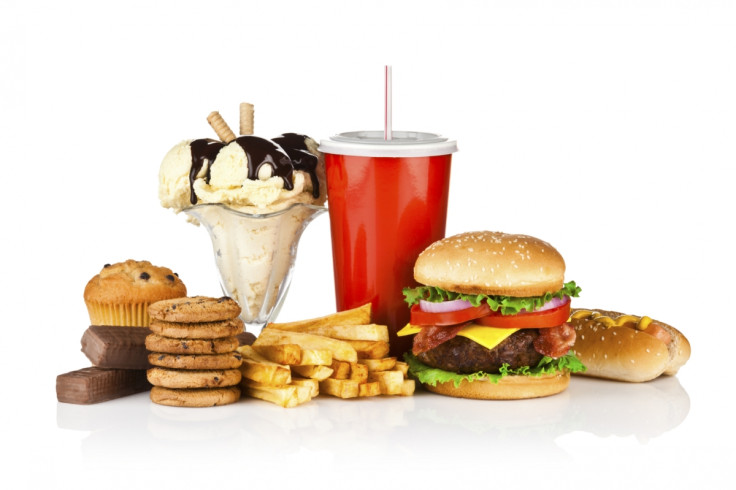Why does boredom make us crave junk food? Blame low dopamine levels

When people are bored, they tend to crave greasy or sugary food, scientists say. These unhealthy food choices may be the result of changes in dopamine levels triggered by boredom.
These findings were presented at the Annual Conference of the British Psychological Society on 27 April. They are based on two small experiments which involved making participants feel bored before measuring their attraction to junk food using two different methods.
In the first study, 52 adults were asked to complete a very long and repetitive task of copying the same group of letters. The scientists believed this would induce boredom. The participants were also asked to complete a comprehensive questionnaire based on their food preferences. The results were interesting: people appeared more likely to express a preference for unhealthy foods such as crisps, sweets and fast food after completing the boring task.
In the second study, 45 participants were instructed to watch either a boring or a funny video. Both healthy and unhealthy snacks were provided. The food was placed in bowls which were weighed before and after each trial, to determine how much was eaten. For people watching the boring video, bowls of unhealthy snacks contained significantly less food afterwards, compared with people watching the funny video.
Dopamine levels
The scientists come up with different hypotheses to explain these results. They particularly focused on dopamine, a neurotransmitter involved in controlling the brain's reward and pleasure circuits, which is much lower for people who experience an episode of boredom. The researchers believe the body responds to this lack of dopamine by overeating greasy food, to try and triggering pleasure in another way.
"Boredom is related to low levels of the stimulating brain chemical dopamine and people try to boost this by eating fat and sugar if they cannot alleviate their boredom in some other way," says lead author Dr Sandi Mann.
She says that to promoting healthy eating, the effects of boredom on individuals should also be taken into account. "People designing health education campaigns to encourage us to make healthier food choices need to take boredom, including boredom in the workplace, into account. Bored people do not eat nuts," Mann concludes.
© Copyright IBTimes 2025. All rights reserved.






















